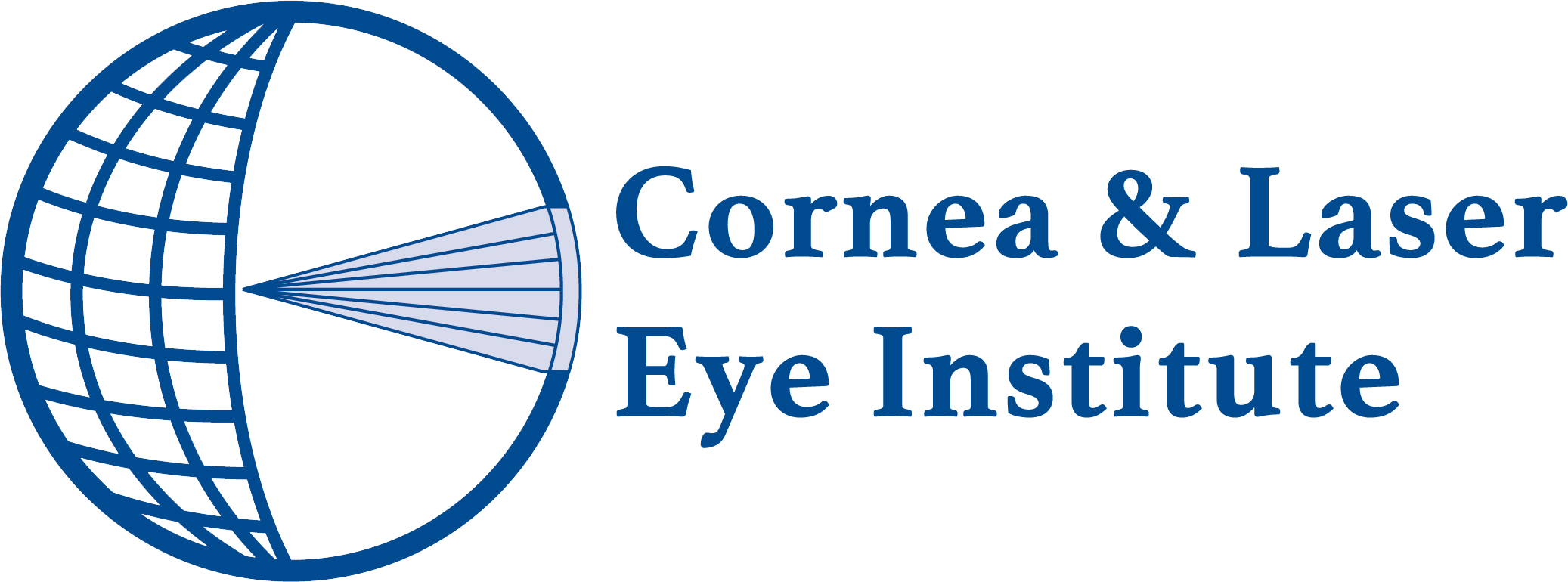
Taking care of your eyes should be a priority, just like eating healthy and exercising regularly. When it comes to our overall health, we often visit our physicians to ensure our bodies are functioning properly. However, eye health is sometimes overlooked, even though our vision plays a crucial role in our daily lives.
During Healthy Vision Month, which is celebrated each May, we encourage you to make your eye health a priority by learning about ways to protect and maintain your vision. Good eye care habits can help prevent common vision problems and detect potential issues early, reducing the risk of serious eye diseases.
Ways to Protect Your Vision
1. Schedule Regular Comprehensive Dilated Eye Exams
Routine eye exams are essential for maintaining good vision and detecting eye conditions early. A comprehensive dilated eye exam allows eye care professionals to check for diseases such as glaucoma, cataracts, and macular degeneration, even before symptoms appear. Plus, routine eye exams are essential for maintaining clear vision and monitoring changes in eyesight over time. As children grow, their vision can change rapidly, often requiring stronger prescriptions to correct myopia. In middle age, many people experience worsening reading vision due to presbyopia, while later in life, cataracts can cause gradual vision decline. A comprehensive eye exam helps detect these changes early, allowing for timely prescription updates and vision correction solutions. The National Eye Institute (NEI) recommends that adults get a dilated eye exam at least once every two years, or more frequently if they have existing vision issues or risk factors.
2. Eat Right to Protect Your Sight
A healthy diet is crucial for maintaining good eyesight. Nutrients like vitamins A, C, and E, along with omega-3 fatty acids, can help protect your vision and reduce the risk of age-related eye diseases. Foods rich in these nutrients include:
- Dark leafy greens such as kale, spinach, and collard greens.
- Fish high in omega-3 fatty acids, including salmon, trout, and halibut.
- Citrus fruits and berries, which provide vitamin C.
- Nuts and seeds, such as almonds and sunflower seeds, which contain vitamin E.
- Carrots and sweet potatoes, which are rich in beta-carotene, a form of vitamin A that promotes eye health.
Incorporating these foods into your diet can strengthen your eye health and help prevent conditions such as macular degeneration and cataracts.
3. Know Your Family’s Eye Health History
Many eye diseases and conditions are hereditary, meaning they run in families. For example, myopia (nearsightedness), hyperopia (farsightedness), and astigmatism all have a genetic component. If one or both parents have any of these refractive errors, their children are more likely to develop them as well. While a family history of vision problems increases the risk, regular eye exams and lifestyle adjustments can help manage and slow progression.
Likewise, if a close relative has been diagnosed with an eye disease, you may be at higher risk for developing the same condition. Understanding your family’s eye health history allows your eye doctor to monitor for early signs and recommend preventive measures. Conditions such as keratoconus, glaucoma, macular degeneration, and diabetic retinopathy often have genetic links, making awareness and early detection critical.
4. Quit Smoking to Protect Your Eyes
Smoking is linked to an increased risk of several serious eye conditions, including:
- Cataracts, which cloud the eye’s lens and can lead to blindness.
- Age-related macular degeneration (AMD), which affects the central vision and makes tasks like reading and driving difficult.
- Optic nerve damage, which can contribute to vision loss and increase the risk of glaucoma.
Quitting smoking can significantly reduce your chances of developing these conditions and improve your overall health. If you need help quitting, speak to a healthcare professional about support options.
5. Wear Protective Eyewear
Your eyes are vulnerable to injuries, especially when engaging in sports, home improvement projects, or outdoor activities. Protective eyewear, such as safety glasses and goggles, can prevent debris, chemicals, or impact-related injuries. This is particularly important for activities like:
- Sports such as basketball, baseball, and racquetball.
- Yard work, including mowing and trimming.
- Home repairs, including painting and construction work.
Investing in high-quality protective eyewear can save you from serious eye damage or vision loss.
6. Wear Sunglasses That Block UV Rays
The sun’s ultraviolet (UV) rays can damage your eyes and increase the risk of cataracts and macular degeneration, making UV protection essential for long-term eye health. When choosing sunglasses, look for pairs that block 99% to 100% of both UVA and UVB radiation. If you wear prescription glasses, vision correction surgery like LASIK can eliminate the need for prescription sunglasses, giving you a wider selection of stylish and protective eyewear options. No matter what sunglasses you choose, ensuring they provide proper UV protection is key to keeping your eyes healthy and your vision sharp. For a little extra protection, you can also wear a wide-brimmed hat to avoid harmful UV exposure.
7. Practice Good Contact Lens Hygiene
If you wear contact lenses, proper hygiene is essential to prevent infections and irritation. Follow these best practices:
- Wash your hands before handling your lenses.
- Clean and store your lenses properly, using recommended solutions.
- Avoid sleeping in contact lenses unless prescribed by your eye doctor.
- Replace contact lenses as directed to prevent bacterial infections.
By following these steps, you can reduce the risk of eye infections and keep your vision clear and healthy.
8. Consider Vision Correction Surgery
During Healthy Vision Month, it’s important to consider long-term solutions for maintaining optimal eyesight. Vision correction surgery, such as LASIK or PRK, offers a life-changing alternative to glasses and contact lenses by permanently reshaping the cornea to correct refractive errors. One major benefit is eliminating the need for daily contact lens care and hygiene, reducing the risk of infections and irritation associated with improper lens use. With clearer vision from the moment you wake up, vision correction surgery can enhance both convenience and quality of life. If you’re looking for a way to simplify your eye care routine, now is the perfect time to explore your options with an eye care professional.
The Importance of Healthy Vision Month
Healthy Vision Month serves as a reminder that taking care of our eyes is a vital part of overall health. By following these simple but effective steps, you can protect your eyesight for years to come. Vision problems can impact daily activities, work performance, and overall quality of life, so prioritizing eye health is crucial.
If you haven’t scheduled an eye exam recently, now is the perfect time to do so. Encourage your family and friends to take part in Healthy Vision Month by spreading awareness and emphasizing the importance of regular eye care. With the right habits and preventive measures, you can enjoy clear vision and eye health throughout your lifetime!





